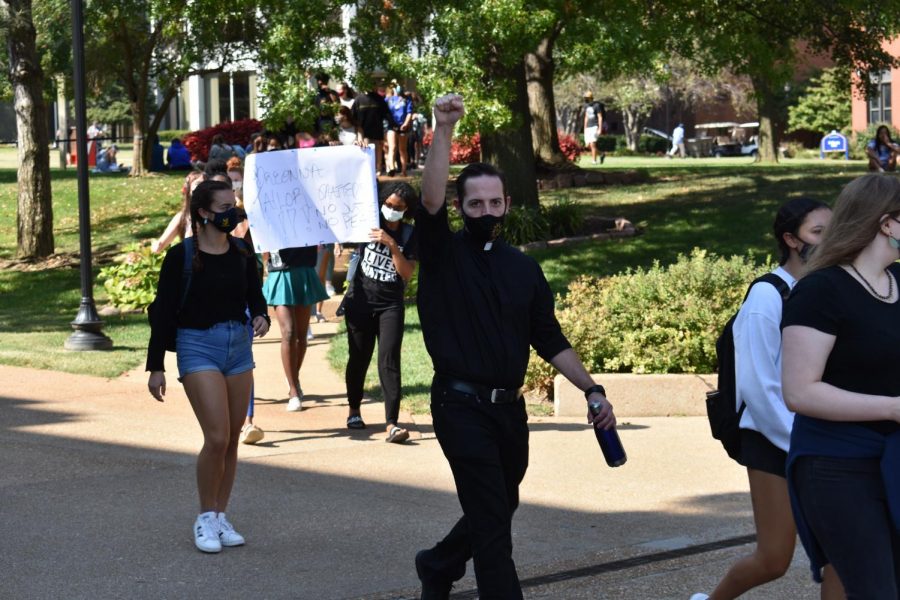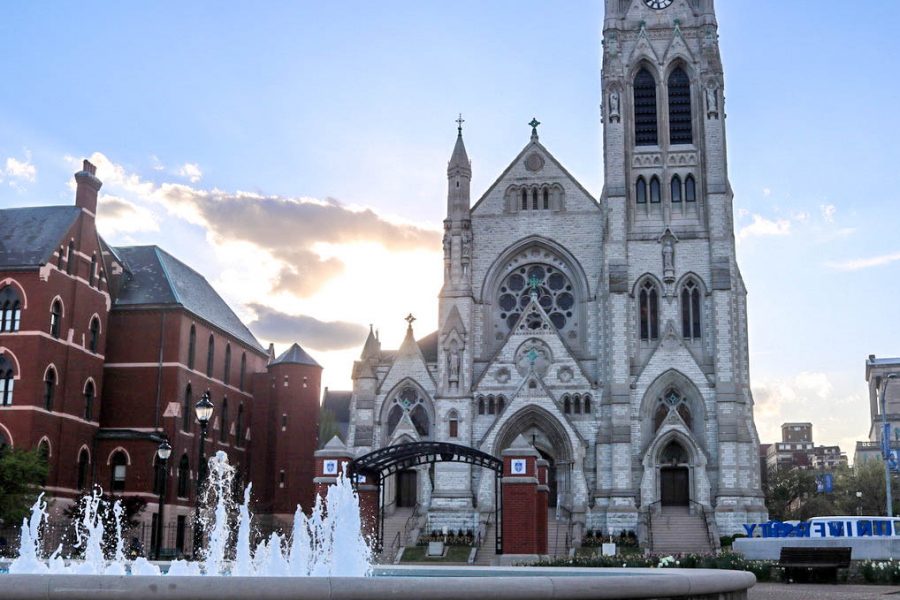
The Temple located in Wilmette, Illinois is open to everyone.
With over five million followers representing most of the nations, races and cultures in the world, the origins of the Baha’i faith are worthy of note. It is said that the faith arose from eschatological tensions within Islam, just as Christianity was born out of the messianic expectations of Judaism. Similarly, it is also independent of its parent religion.
The faith goes back to the sect of Islam known as Shiite, the other known as Sunni. Followers of the Sunni Sect are generally known to be more orthodox. The Shiite tradition started in Saudi Arabia but gained a strong hold in Persia. As the Persians were familiar with having divine rulers, this made the belief in Imams spread more easily in the area. The sect preached that Imams, or leaders from the Prophet Muhammad’s lineage, were the divine-right leaders until the final days.
Through that tradition, the Báb, the title for a holy person, came along, and continued the practice of appointing leaders. The fourth Báb, who came after the final Imam had passed, left no successors in 941 until Siyyid `Ali-Muhammad of Persia became the final Báb. He declared his faith on pilgrimage to the city of Mecca in Saudi Arabia in 1844 and claimed to be the messiah.
As he sailed back to Persia, his message caught on. The Shiite clergy, on the other hand, believed Siyyid `Ali-Muhammad’s proclamation to be heretical. A series of clashes occurred that ended with Siyyid `Ali-Muhammad’s martyrdom.
The belief in divine intervention of God, and the waiting for an appointed one by God gave rise to the Baha’i faith. In the year 1852, a Persian nobleman who came to be known as Baha’u’llah, which means “The Glory of God” in Arabic, claimed to have a vision. He claimed to be a successor to the Bábs and the founder of the Baha’i faith. The Persian government feared the resurgence of the Báb community and sent the man into exile.
He was forced to move to Baghdad, then to modern day Turkey and finally to Acre in Ottomon Palestine.
During his exile, he wrote the most important book of Baha’i known as Kitab-i-Aqdas (the Most Holy Book). The book outlines the essential laws and principles that are to be observed by followers of the faith.
Shabnam Majidi, a biomedical engineering major from School of Parks College of Engineering, Aviation and Technology, is a practicing Baha’i.
“Baha’is believe in one God, and that he has sent his message to humanity throughout the ages through the founders of the great religions,” Majidi said.
The faith accepts that Abraham, Moses, Zoroaster, Buddha, Krishna, Jesus and Muhammad are all equally authentic messengers of one God.
It also unreservedly accepts the validity of other faiths.
“These divine revelations are continuous and progressive; the most recent one is Baha’u’llah’s revelation,” Majidi said.
Due to the historical derivation of the faith from Islam, one finds many Quranic (the holy book of Islam) terms and concepts in Baha’i writings.
The Baha’i faith’s central themes include unity in diversity, independent investigation of truth, equality of both men and women, and the establishment of universal peace. Majidi said practices of the faith include obligatory prayers, fasting from sunrise to sunset for 19 days and celebrating nine specific holidays in a year.
Her favorite holidays are the New Year celebration that takes place on March 21, the first day of spring, and “the Festival of Ridván, which commemorates the declaration of Baha’u’llah.”
Majidi added, “We believe that praying can be done anywhere, so there is no specific house of worship or temple.”
Baha’i temples are located on each continent of the world. The closest one to St. Louis is in Wilmette, Ill., about four miles from Northwestern University.

The garden around the temple in Wilmette, Illinois.














